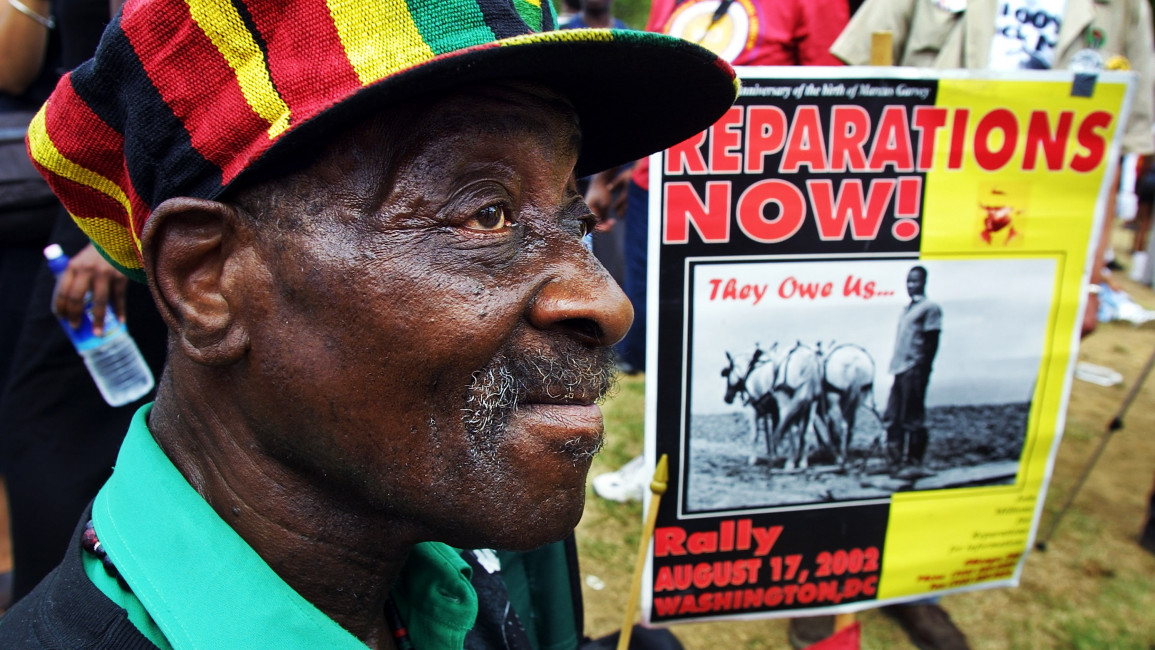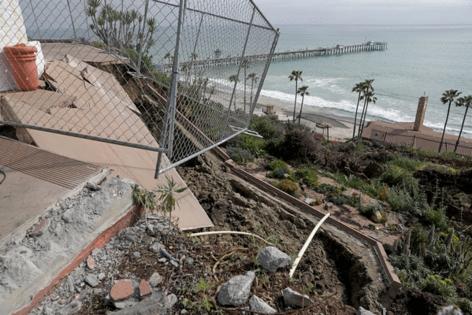India on Saturday decried remarks by US President Joe Biden earlier this week describing it as an “xenophobic” country that does not welcome immigrants.
The New Arab Staff & Agencies
04 May, 2024

External Affairs Minister S Jaishankar addresses a press conference at the BJP headquarters in New Delhi on April 01, 2024 [Getty]
India is not xenophobic, the country's foreign minister has insisted, after comments by US President Joe Biden suggesting the South Asian nation and fellow ally Japan were struggling economically because they rejected immigrants.
Biden, who is seeking reelection against Republican rival Donald Trump in November, made the remarks at a campaign fundraising event in Washington this week.
Foreign minister S. Jaishankar told a media roundtable Friday that Biden's comments did not match India's reality.
"First of all, our economy is not faltering," he said, according to a report of the discussion published Saturday by the Economic Times newspaper.
"India has been a very unique country," he added. "I would say actually, in the history of the world, that it's been a society which has been very open... different people of different societies come to India."
India is one of the world's fastest-growing economies with annualised GDP growth of 8.4 percent in the December quarter, according to official data in February.
Prime Minister Narendra Modi's Hindu-nationalist government has been accused by critics of discriminating against Muslims, including through recently enacted reforms to India's citizenship law.
The amended law sparked huge protests when it was first passed by parliament in 2019 and finally enacted in March, with Amnesty International warning that it still risked being used as a tool, alongside a mooted National Register of Citizens, to deprive some Muslims of citizenship.
RELATEDThe New Arab Staff
"There are people who publicly said on record that... a million Muslims will lose their citizenship in this country," Jaishankar said.
"Why are they not being held to account? Because nobody has lost citizenship."
'Unfortunate'
Biden had clubbed allies India and Japan in with rivals China and Russia in remarks intended as a defence of US immigration policy.
"Why is China stalling so badly economically? Why is Japan in trouble? Why is Russia in trouble? And India? Because they're xenophobic. They don't want immigrants," Biden had said at the Wednesday fundraiser.
Tokyo responded Saturday by saying it was "unfortunate that comments not based on an accurate understanding of Japan's policy were made".
Since taking office in 2021, Biden has strengthened ties with US allies in Asia, in particular India and Japan.
He has hosted state dinners at the White House for both Indian Prime Minister Narendra Modi and Japanese Prime Minister Fumio Kishida.
The White House has since had to downplay Biden's remarks.
The president was merely trying to send a broader message that "the United States is a nation of immigrants," National Security Council spokesman John Kirby told reporters.
















